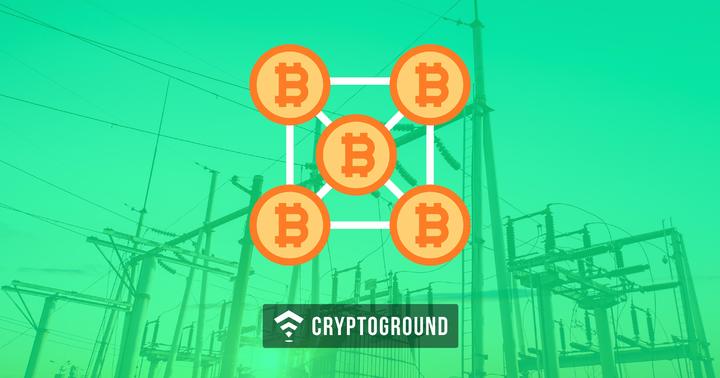Leading power provider in South Korea, Korea Electric Power Corporation (KEPCO) has signed a deal with the two local power suppliers in order to develop a blockchain-powered system for transacting Renewable Energy Certificates (RECs). The news was initially reported by the local news agency Energy Daily.
KEPCO is mainly a $15.9 billion market cap corporation in which the South Korean government and the state-controlled bank holds a majority of stake, it consists a "virtual monopoly" for power generation and distribution in the country, as per the Asia-focused publication Nikkei.
KEPCO has signed a business deal with the Nambu Electric Power, following a previous deal to build the blockchain-based REC system with the Korean Southern Power Corporation (South Power), the Energy Daily states.
In this agreement, the three organizations will allegedly work to form a collaborative system to built a government-led blockchain project for REC transactions under the supervision of South Korea's Ministry of Science.
After the Completion of the public pilot, the organizations will seemingly make plans to follow-up and build the project from a commercial standpoint, the report says.
The use of blockchain technology is expected to promote transparency and efficiency of REC transactions. The pilot is also anticipated to help in early market development and open job opportunities for the domestic blockchain sector.
In one of the statements, South Korean President Shin Jung-sik said,
"We intend to concentrate all our core competencies not only in the development of new businesses but also in embracing the green country, in the era of energy decentralization, which uses blockchain technology through close cooperation between three organizations."
Earlier, KEPCO declared in fall 2018 that the firm will be utilizing blockchain and other innovative energy solutions in order to build its next-generation micro-grid. Also, the firm said its main purpose is to focus on decentralization, decarbonization, and digitalization, which are the most essential trends driving the future of the energy industry.
In December 2018, South Korea Government announced its plans to invest 4 billion Korean won ($3.5 million) to establish a blockchain-enabled virtual power plant in Busan city.
























